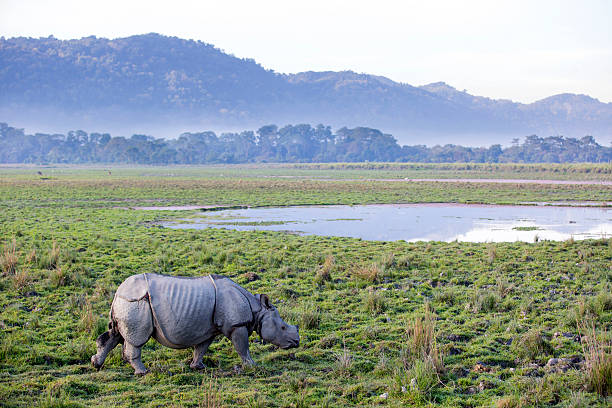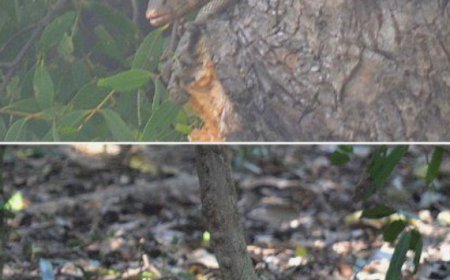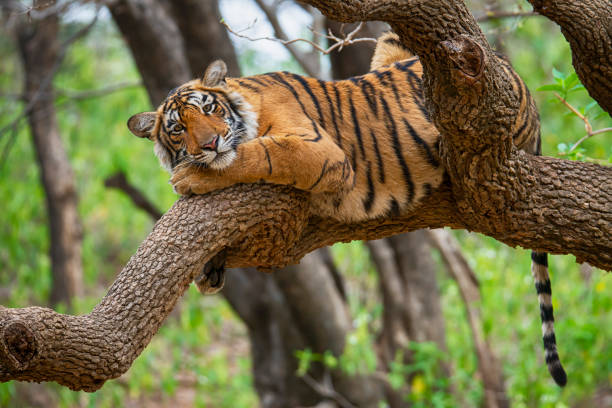Kaziranga National Park: A Jewel of India's Wildlife Heritage
Subtitle: A haven for the one-horned rhinoceros and diverse wildlife

There has been conflicting recent coverage of Kaziranga National Park, illustrating both ongoing difficulties and successful conservation initiatives.
Key recent developments include the following:
Good News:
Rhino Population Growth: The number of one-horned rhinoceroses in Assam has increased significantly, from 600 in the 1960s to around 3,000 in 2024. This is ascribed to decreased poaching and effective conservation initiatives.

Enhanced Conservation Efforts:To bolster wildlife conservation efforts, the park has signed Memorandums of Understanding with groups such as the Animal Care Organization of the Anil Agarwal Foundation.
Reopening for Tourists: Following the monsoon break, Kaziranga National Park reopened for the 2024–25 season, enabling guests to take in the park's abundant biodiversity.
The challenges are as follows:

Flooding: Floods are a common occurrence in Kaziranga National Park, which can cause wildlife loss and animal displacement. Several creatures have died as a result of recent floods, including hog deer and rhinos.
Building Infrastructure: Concerns have been made over the possible effects of proposed infrastructure projects, such the elevated corridor, on the park's animals and habitat.
Poaching: Even while poaching has declined, rhinos and other park animals are still at risk.

All things considered, Kaziranga National Park is still an essential animal sanctuary, but it faces several obstacles that call for constant conservation work.










































































































































































































